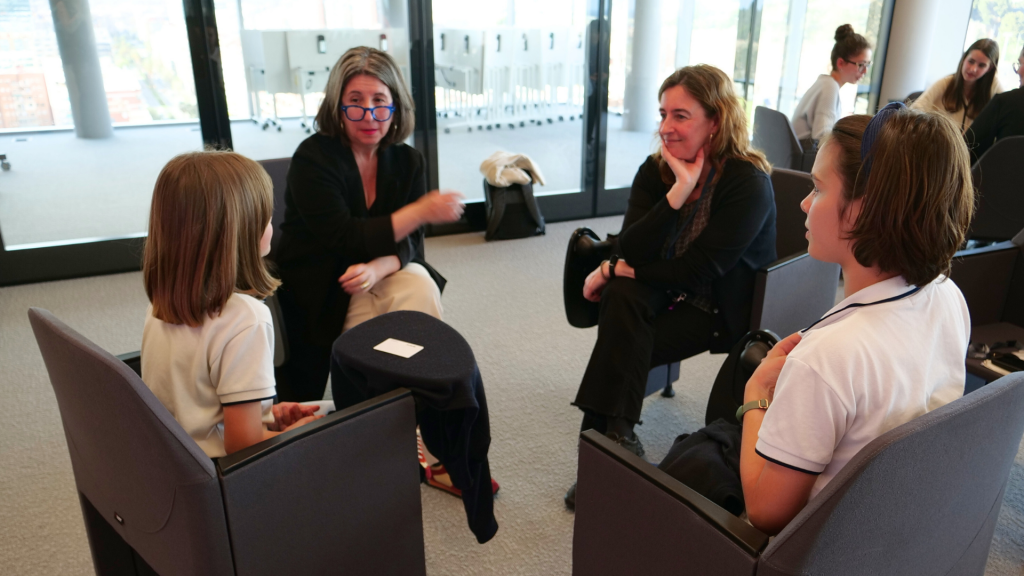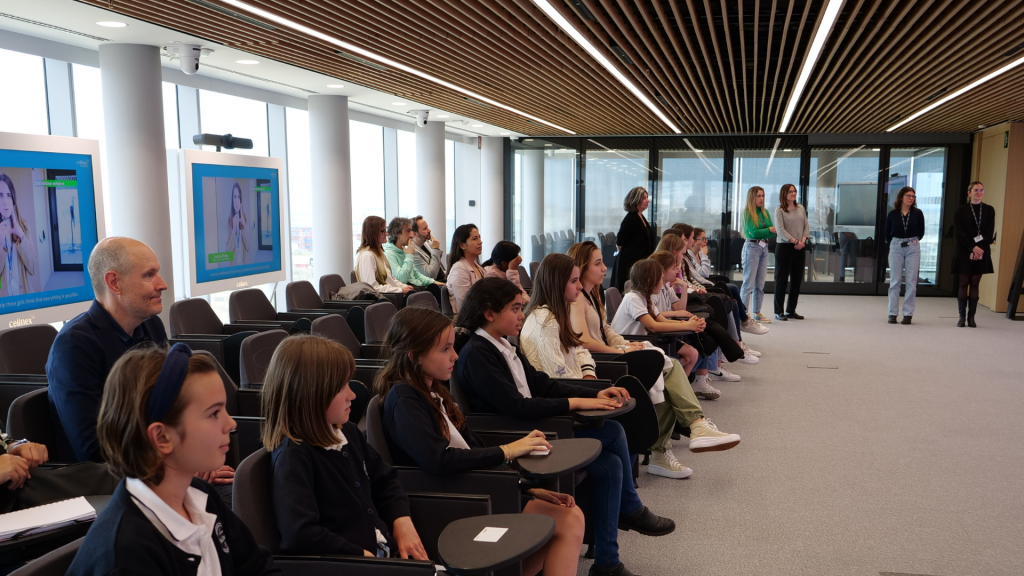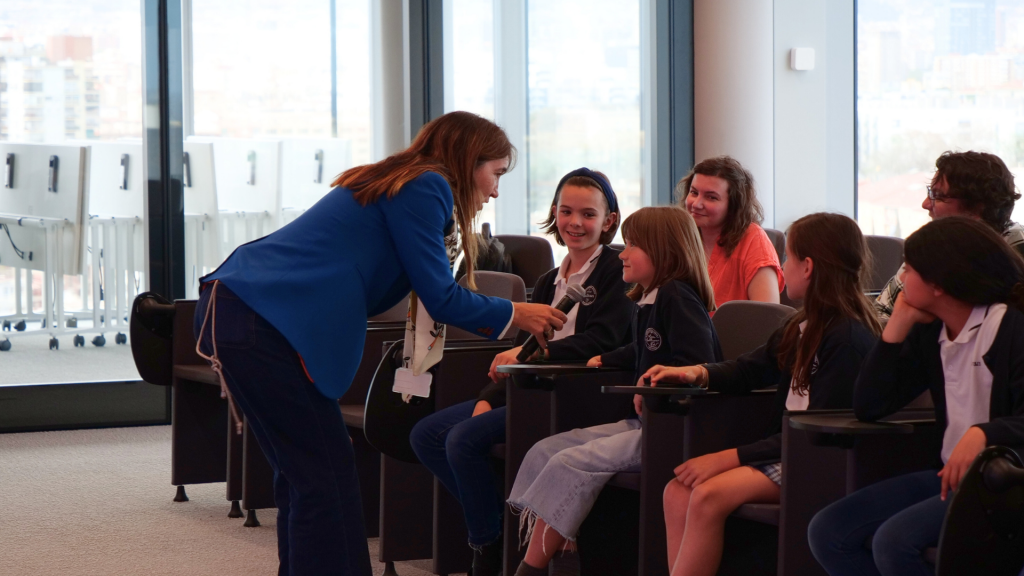Trends
Trends
OCT
17
2024
Talent
Breaking down barriers with technology
The World Economic Forum’s Global Gender Gap Report 2024 indicates that the global gender gap (women’s wages compared to those of men) has closed at 68.5%, marking a year-on-year improvement of 0.1 percentage points. Seven European countries are among the Top 10: Iceland, Finland, Norway, Sweden, Germany, Ireland and Spain.
On the other hand, and homing in on the STEM professions (Science, Technology, Engineering and Mathematics), the proportion of women with STEM skills has increased from 24.4% to 27.1% since 2016. However, if we analyse the situation in strictly labour terms, women represent only 28.2% of the STEM sector workforce compared to 47.3% in non-STEM sectors.
In light of this situation, initiatives promoting early childhood and youth education to provide our young women with tools and knowledge are extremely important and are often the result of public-private collaboration.
This is the case of the Technovation Girls initiative, aimed at school-age girls and young women to encourage them to take up STEM careers. This programme was set up in 2009 and already enjoys the support and commitment of more than 300,000 families and educators from more than 120 countries, with Spain ranking second worldwide. It is an international competition in which teams from different schools take part to provide a solution to a social need, ranging from climate change to domestic violence and gender equality, using a mobile app.
In the words of the programme managers: “This is a far-reaching competition that shows girls and young women that they are also protagonists in the technological and business fields.”
The Cellnex Foundation has been participating in Technovation Girls for three years as part of its Corporate Volunteering programme. “At the Cellnex Foundation, we are mindful of the importance of technological training for our young women,” says Àngels Ucero, director of the Cellnex Foundation. “Our collaboration with Technovation Girls, together with the Cyber spiral association, materialises our commitment to build an egalitarian society together.”
The Cellnex Foundation’s participation in this programme is channelled through Technovation Girls Catalonia. Girls and young women receive mentoring and support throughout the ten weeks in which they develop their solution.
Anna Villà, mentor of one of the girls’ groups and Cellnex collaborator, tells us: “The young women work on the project for 50 hours over 10 weeks, with a strict roadmap in phases of the project and do this outside of their school time. They have no limits; they want to solve all of society’s problems and they see that this challenge is something within their reach. This programme is a kind of training for their future, with an added social perspective, as they discover that they can make technology work for society.”

Much more than a competition
Structured as a competition, this initiative responds to the clear objective of promoting the role of women in the technological field, which is traditionally male-dominated.
“Solving a challenge through teamwork and mentoring boosts girls’ and young women’s interest in technology and provides them with the required confidence in their own abilities,” explains Àngels Ucero.
The competition in Catalonia, where more than 200 girls have submitted their projects, concluded with the selection of the three teams that will take part in the final to be held in the United States today.
“After evaluating eight projects in the beginners category comprising girls aged between 8 and 12, I was able to gain a deeper understanding of these projects at the in-person awards ceremony and enjoy the result of their efforts throughout the school year with them,” says Peña Solano, a Cellnex volunteer who was a judge in the competition selecting the Catalan teams that will go through to the international final. She adds, “In my experience as a judge, I have seen how young STEM women propose solutions that improve the world through technology, with a constant focus on the most vulnerable groups. What I have experienced with all of them is admirable and brings me hope. This programme can most certainly turn them into innovative leaders.”


















